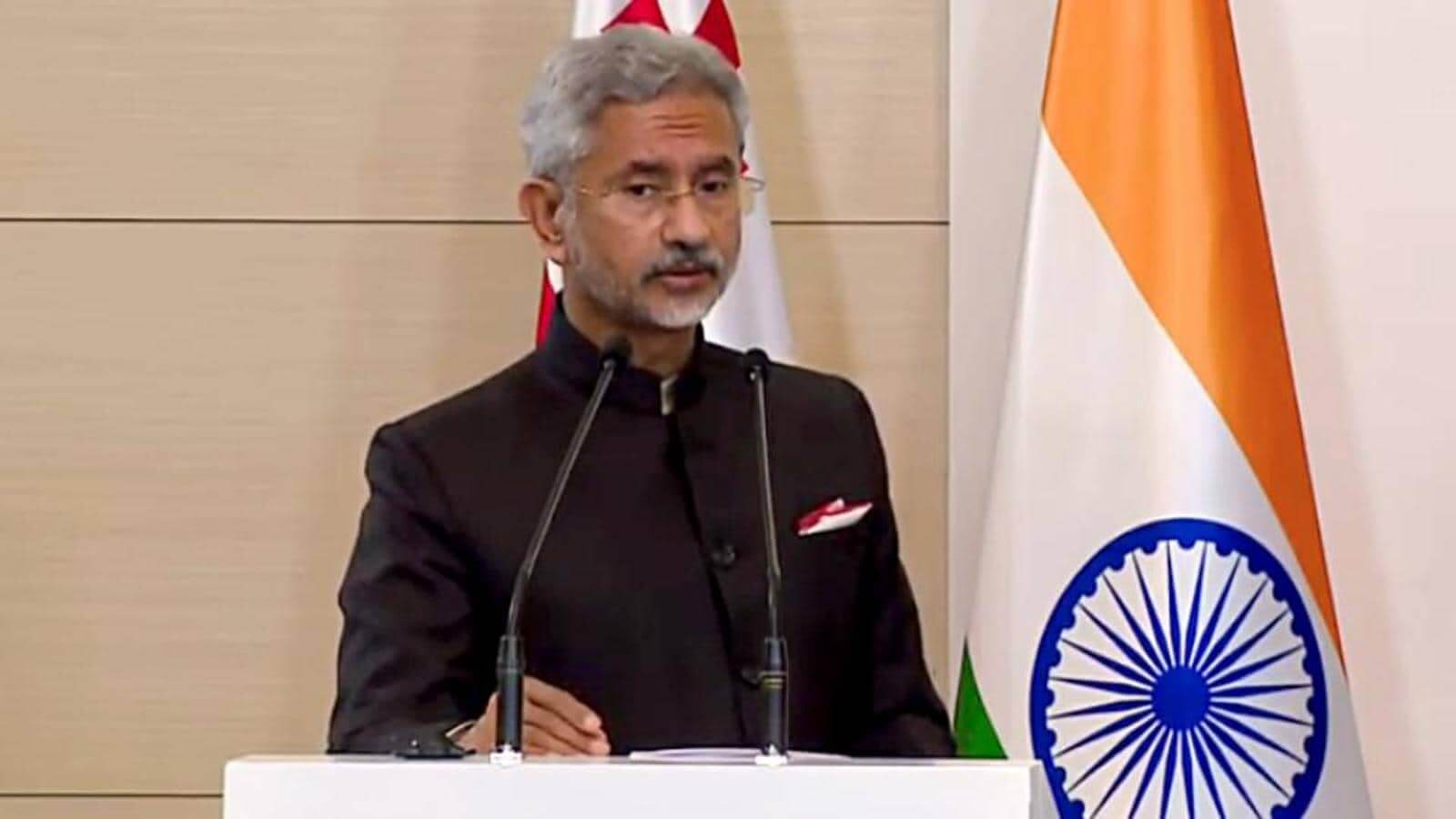Indian External Affairs Minister S. Jaishankar presented a three-point road map to end the ongoing violence in Afghanistan during a meeting of the Shanghai Cooperation Organisation (SCO) Contact Group on Afghanistan in Tajikistan’s capital Dushanbe on Wednesday. Jaishankar said political stability in the war-torn country could only be achieved by ending violence and successfully concluding political dialogue on the issue.
While presenting the plan’s details, Jaishankar said internal and external stakeholders in Afghanistan wished to achieve the “same end state” that the three points would drive. First, he said Afghanistan must become “an independent, neutral, unified, peaceful, democratic and prosperous nation.” Second, he called for “ceasing violence and terrorist attacks against civilian and state representatives” while continuing efforts to “settle the conflict through political dialogue.” Speaking about the importance of the ongoing peace negotiations in Doha, he said, “Peace negotiations in earnest is the only answer.” Lastly, he said that to achieve the “end state,” it would be necessary to “ensure that neighbours are not threatened by terrorism, separatism, and extremism.”
However, Jaishankar admitted that achieving this would be difficult, as the stakeholders in Afghanistan are working “with a very different agenda.” Therefore, the international community must oppose the “seizure of power by violence and force” and “not legitimise such actions.”
Before the meeting, Russian Foreign Minister Sergey Lavrov, who attended the SCO meeting with Jaishankar, highlighted the importance of India as a regional player in the conflict in Afghanistan. He said that India and Russia have been working together and “actively monitoring” the violence in the country. He added, “The role of India and regional players is certainly important. Taliban is a current reality in Afghanistan. It is a party in the intra-Afghan talks which we believe should be a solution for normalisation and establishment of an inclusive government that should be involving all major ethnic groups.” He claimed that India should analyse the situation and proceed as per current realities.
Since the US announced in April that it would withdraw all its troops from Afghanistan by September 11, the security situation in the country has been deteriorating even as the Taliban and the Afghan government continue peace negotiations in Doha. The Taliban has seized control over several critical districts in the country, including the Chaman-Spin Boldak crossing with Pakistan.
For Afghanistan, which wants to secure national and international approval for the peace talks, seeking reassurance for support from “age-old friends” like India is crucial. Moreover, India has a lot to gain from the conclusion of the peace process in the region. It has emerged as a strong supporter of the elected governments of Afghanistan, both during the Karzai and the Ghani administrations, and has also vocally advocated for an Afghan-led peace process. Much of this support stems from the Indian government’s investment of around $2 billion in Afghanistan for aid and redevelopment. Therefore, asserting itself as a critical player in the Afghan peace process, even if it means engaging with the Taliban, is crucial for India’s interests in the war-torn country.
India EAM Jaishankar Presents Three-Point Road Map for Sustainable Peace in Afghanistan
Indian Foreign Minister S. Jaishankar said that political stability in Afghanistan can only be reached with the end of violence and the furtherance of political dialogue.
July 15, 2021

SOURCE: ANI
